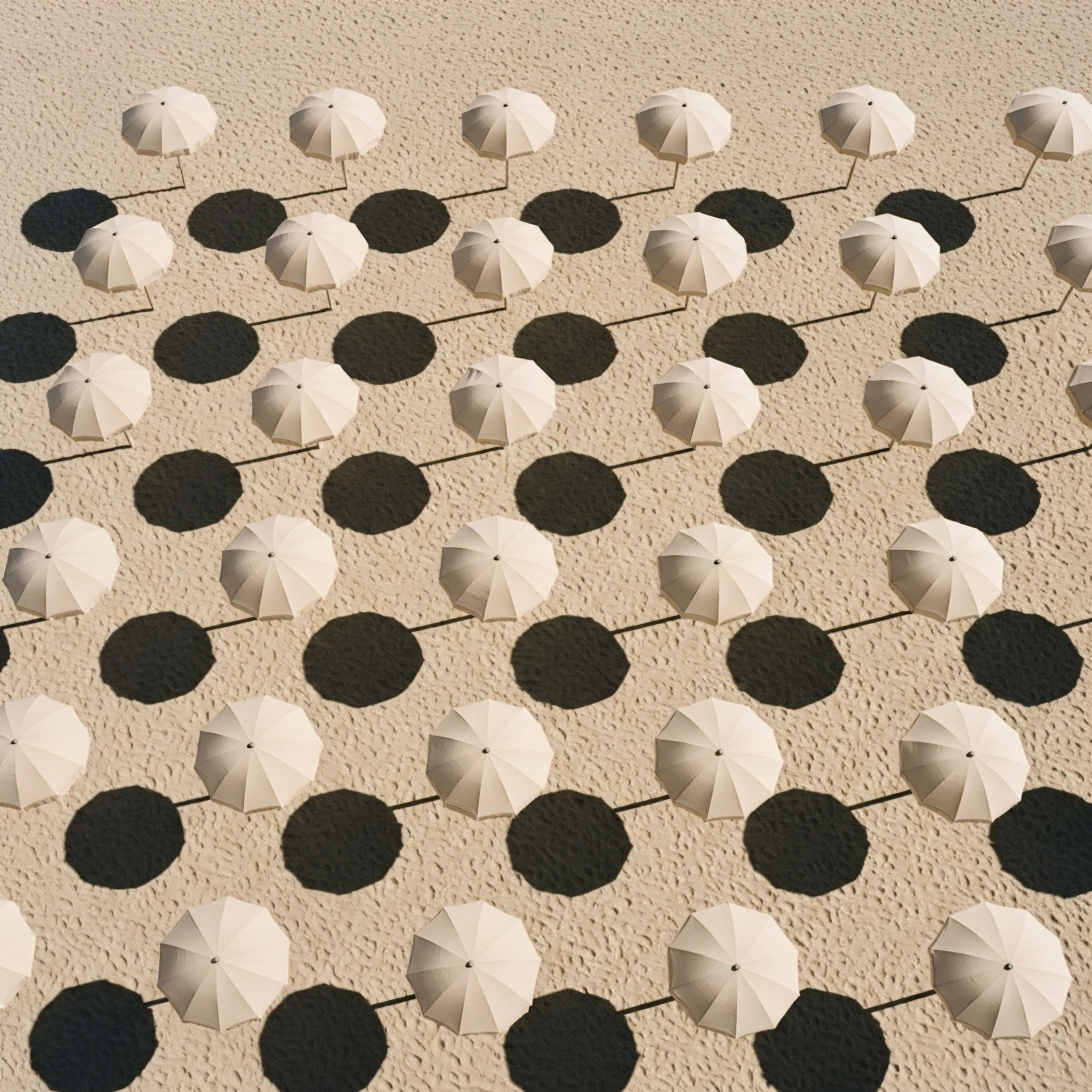Morning Recalibration Unlocks Enduring Power

Morning recalibration engineers your biology for unyielding vitality, commanding peak performance from dawn's first light.
HRTioAugust 25, 2025


